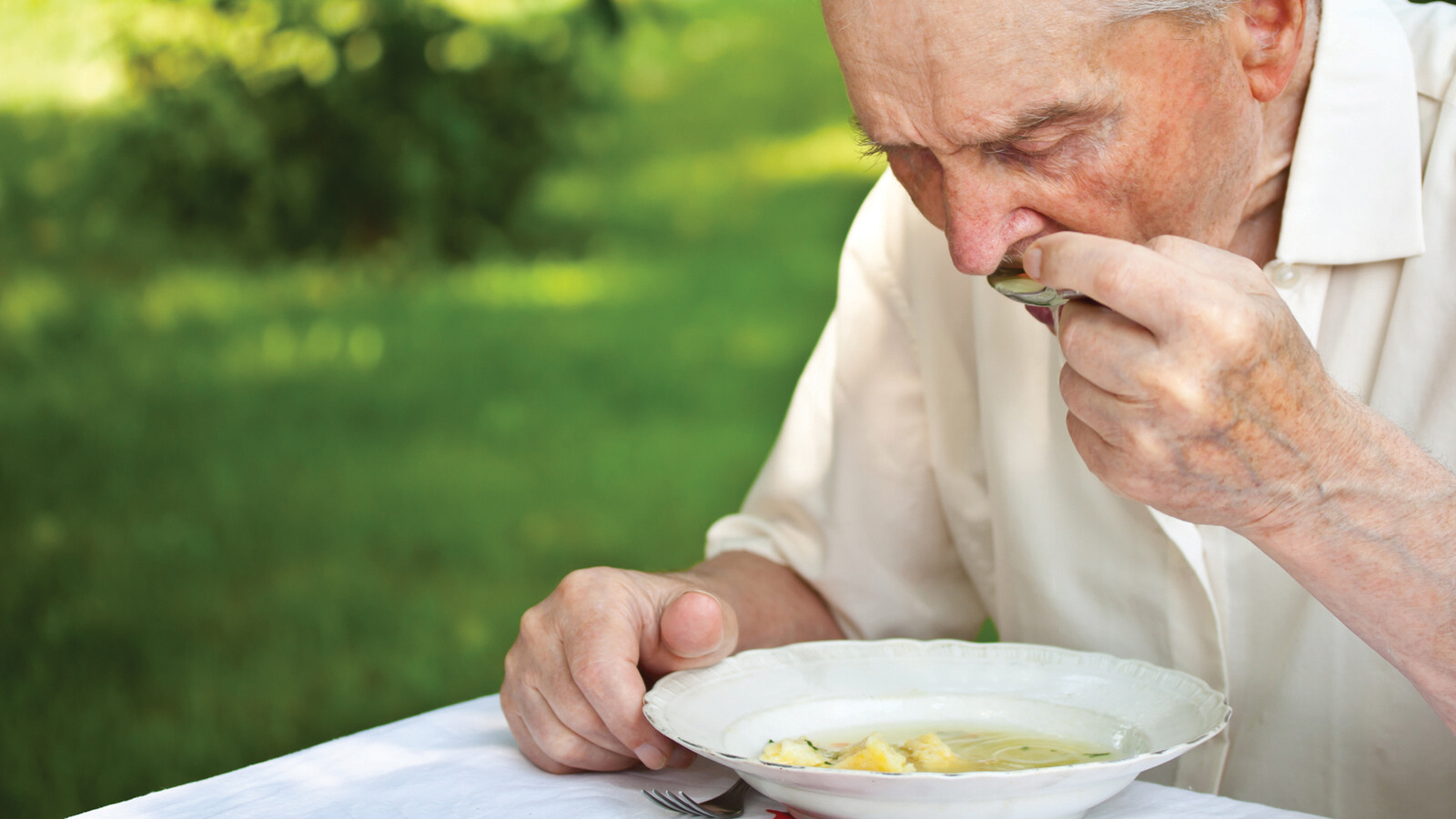Try a new sexual position
By Dr. Ruth Westheimer
We can finally see the light at the end of the tunnel of this terrible virus, which is why my first tip is to shout out, “Hallelujah!” Expressing thanks will put you in a much better mood that is conducive to good sex. Feeling anxious or nervous can make it more difficult. Positive thinking is a turn on.
Prolonging the experience enhances intimacy. Take a bubble bath together first, washing and then drying each other. Prepare cookies and champagne before hand and try and slowly enjoy them together. Only then hop into bed.
Many couples use the same sexual positions. I suggest you try a new position, but know in the back of your mind that you can always end the session going back to your tried and true position if the new one doesn’t do the trick.
Usually good sex means both of you have an orgasm as a result of your coupling and as a rule; I think that’s the right way to have sex. But as an experiment, you could try picking only one of you to have an orgasm with the promise that the other will be the chosen one the next day.
Source: theguardian.com
Dysphagia’s impact
By Jennifer Bradley
On average, a person swallows 600 times a day. Every swallow requires four stages, 25 different muscles and five nerves. Yet, swallowing disorders (dysphagia) can be caused by medical, neurological, structural, or complications with medication. Because of this, each loved one has individual needs and concerns, especially when in social settings. Embarrassment may cause unwillingness to be in a public venue, or family gathering. As a caregiver, instilling a sense of self and independence will help a person deal with swallowing concerns like:
• Coughing during or right after eating or drinking;
• Wet or gurgling sounding voice during or after eating or drinking;
• Extra effort or time needed to chew or swallow;
• Food or liquid leaking from or getting stuck in the mouth;
• Recurring pneumonia or chest congestion after eating; and
• Weight loss or dehydration from not being able to eat enough.
Quality of life is something a caregiver can maintain for a loved by planning, making proper food choices and take medications in a liquid form, or crushed and mixed with pureed fruits.
Source: caregiver.com
Nothing saved?
By Pattie Lovett-Reid
Do we have a retirement crisis looming when, according to a new CIBC poll, 32 per cent of Canadians surveyed who were between 45 and 64 have nothing saved. People rarely talk about how much money they will need and instead focus on what they hope to do in retirement. This may help explain why 53 per cent of Canadians polled say they don’t actually know if they are saving enough.
Retirement planning is not a one size fits all exercise but according to the report the average amount of personal savings Canadians estimate they’ll need to retire comfortably is $756,000. However, the evidence suggests that 30 per cent have no retirement savings at all and 19 per cent have saved less than $50,000.
Fewer women than men have a formal retirement plan Given that statistically, women still outlive their male counterparts, it is rather frustrating that only half of them actually feel confident or knowledgeable when it comes to their finances. Most also claim it’s because they haven’t had enough time rather than the capability to take charge.
Source: bnnbloomberg.ca
















